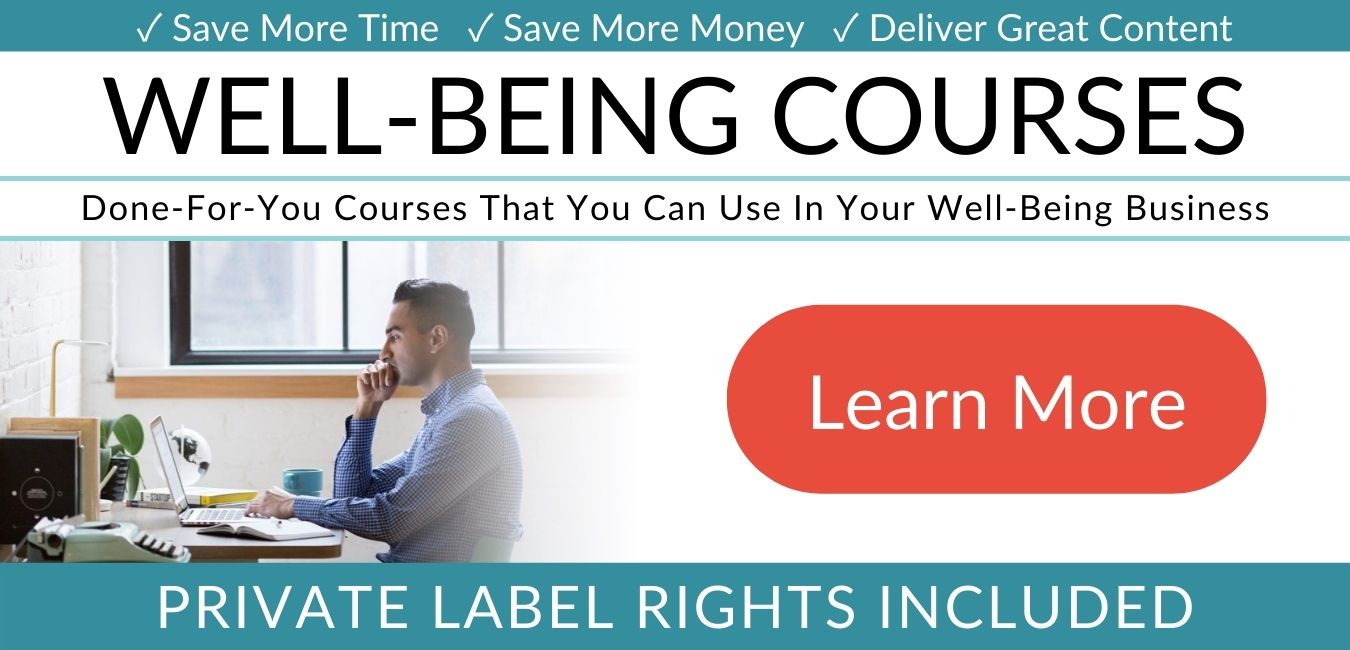How to Be More Confident: 15 Science-Based Tips & ExercisesWant to be more confident? Learn about what confidence actually is, science-based tips for how to boost confidence, and examples of what true confidence can look like.
*This page may include affiliate links; that means I earn from qualifying purchases of products.
What Does It Mean to Be Confident?Confidence can be defined as having a feeling of trust in one's abilities, qualities, and judgment. We feel good about ourselves and our ability to take control of our life circumstances.
Sure, that all sounds great but how do we become more confident? What actually leads people to feel confident about themselves? In this article, we'll take a look at some research to better understand the different things that contribute to confidence. That way, we can identify which parts of confidence we personally need to work on. Why Is Self-Confidence Important?Of course, we want self-confidence because we want to feel good about ourselves. But, self-confidence is also important for other things. The higher our self-confidence, the higher our motivation to act. Plus, self-confidence helps increase the chances of success when we do act. That's because when we expect to fail, we are more likely to do so (Bénabou & Tirole, 2002). For all these reasons, it makes complete sense that we would want to increase our self-confidence. Here are some tips and techniques on how to do it:
Are You a Therapist, Coach, or Wellness Entrepreneur?
Grab Our Free eBook to Learn How to
|
Are You a Therapist, Coach, or Wellness Entrepreneur?
Grab Our Free eBook to Learn How to Grow Your Wellness Business Fast! |
Terms, Privacy & Affiliate Disclosure | Contact | FAQs
* The Berkeley Well-Being Institute. LLC is not affiliated with UC Berkeley.
Copyright © 2024, The Berkeley Well-Being Institute, LLC
* The Berkeley Well-Being Institute. LLC is not affiliated with UC Berkeley.
Copyright © 2024, The Berkeley Well-Being Institute, LLC




